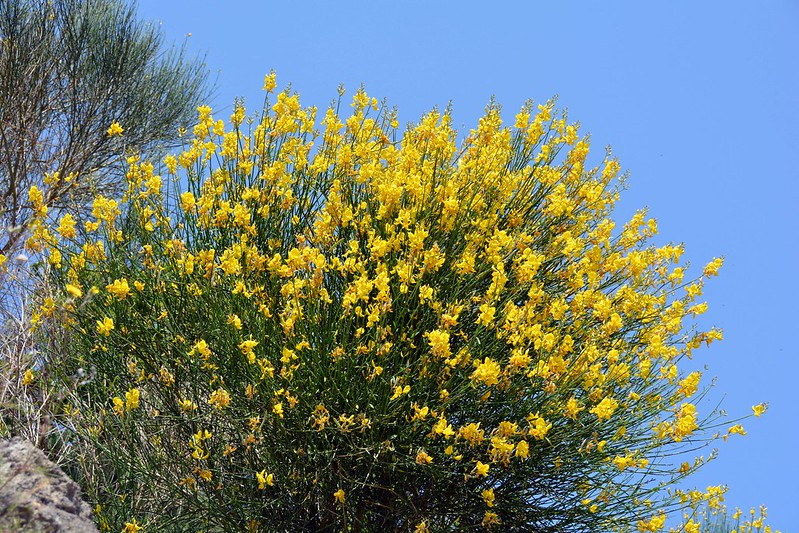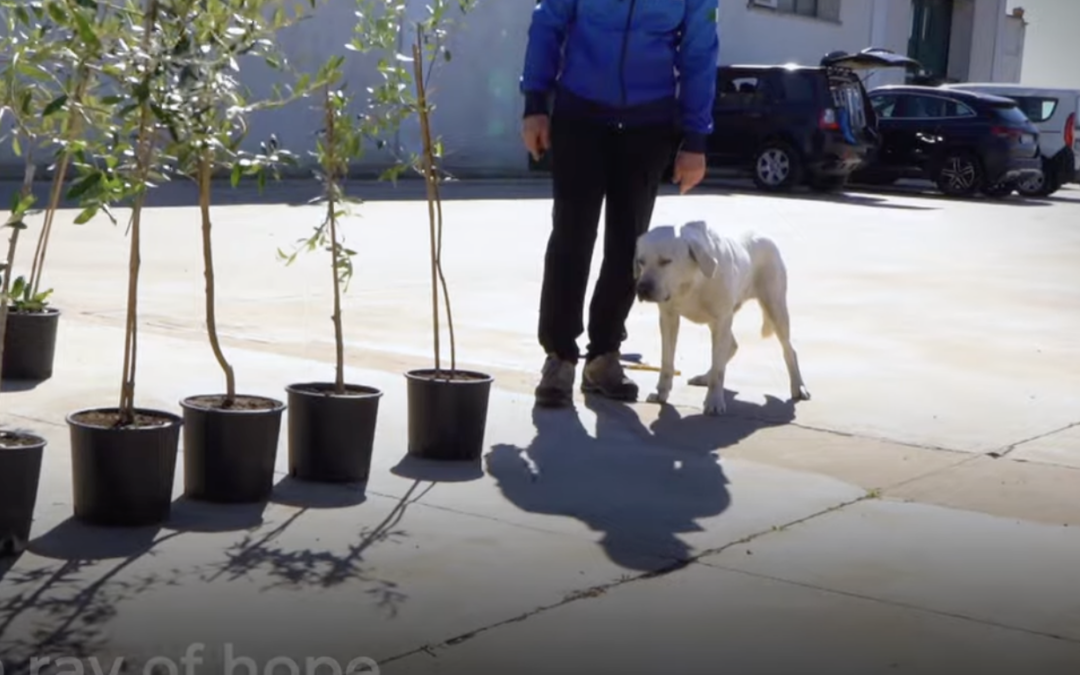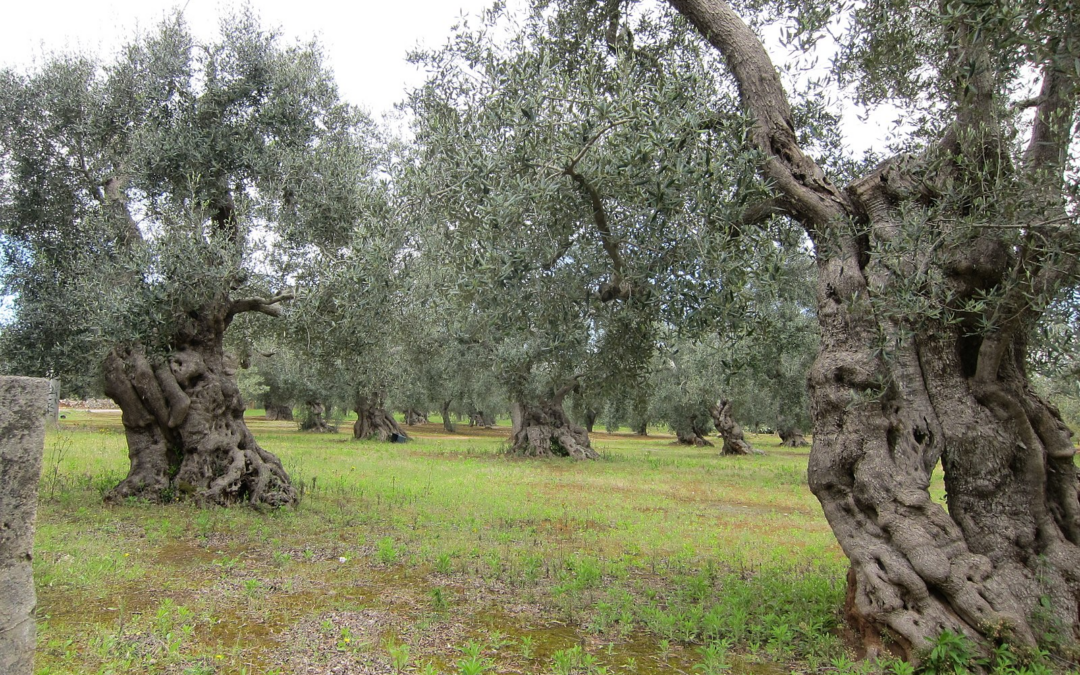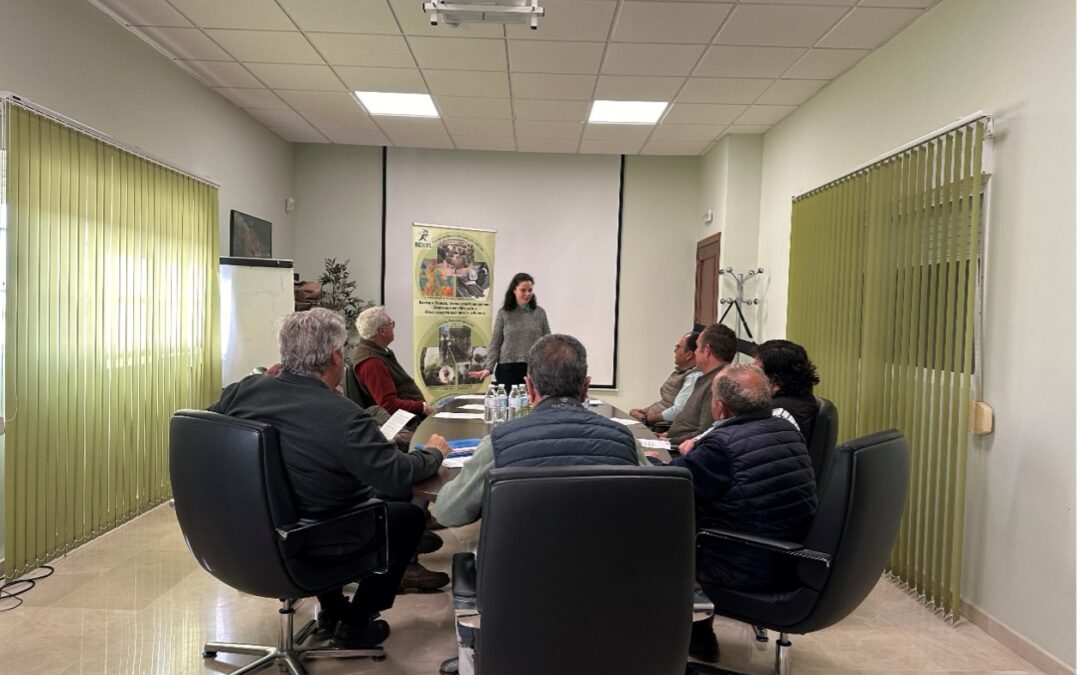A group of British scientists used Xylella fastidiosa infection in olives (Olea europaea) as a case study to provide tools for including sentinel plants in plant pests monitoring programs. The paper Using ‘sentinel’ plants to improve early detection of invasive plant pathogens is relevant for the BeXyl Project, which is going to explore the potential of sentinel plant species and sentinel plots to provide an early warning of Xf presence in given areas.
The incubation period for pathogens may differ from plant to plant. Those having a shorter timespan for symptoms can give an early warning for infection, enabling the authorities to speed up the response to possible outbreaks. That strategy comes with a cost, as “faster disease progression typically promotes earlier onward transmission,” the researchers point out. They propose a computational model to overcome that trade-off, using Madagascar periwinkle (Catharanthus roseus) as a candidate sentinel plant for Xylella fastidiosa infection in olives.
The paper’s authors provide data for the optimal number of sentinel hosts, the sampling effort, and the division of surveillance resources between crop and sentinel plants. The results demonstrate that including sentinel plants in monitoring programs can improve outbreak containment strategies at local level.








